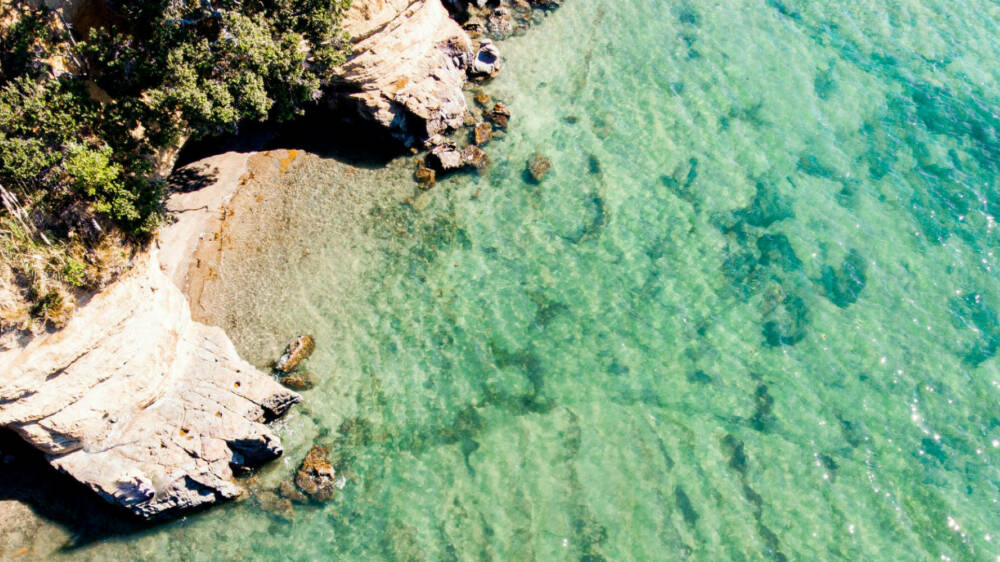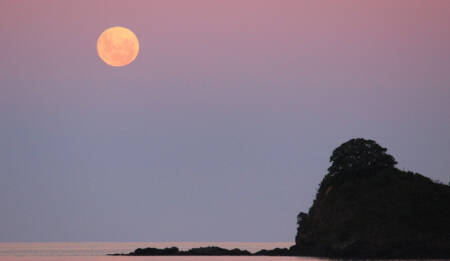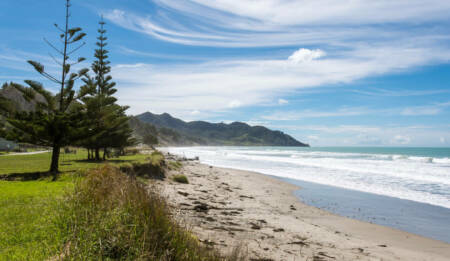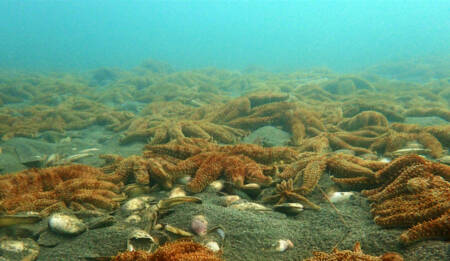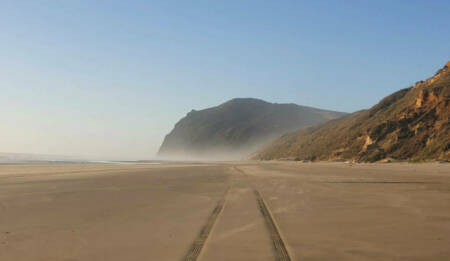Restorative marine economies
This project is investigating how to build restorative economies in Aotearoa New Zealand’s coastal and marine spaces. Healthy marine ecosystems require a marine economy that is committed to ecologically sustainable practices. Long-term economic use of marine resources depends on healthy marine ecosystems.

Background
Restorative economies combines business and environmental restoration. They aim to foster enterprises that actively seek to enhance the biodiversity and health of degraded ecosystems. This goes beyond the traditional economic concept of operating within environmental and biological constraints.
There is growing interest in restorative marine economy practices. Iwi, communities and individuals are interested in restoring their local environment. Businesses want to reduce their environmental impact and increase their resilience through activity diversification. The sustainable finance sector and councils are interested in using environmental credits to spur sustainability solutions and generate benefits in their communities.
However, moving towards restorative marine economies requires investment, new science and technology, altered practices and regulations, and new measures of performance.
This project is part of the New Zealand government’s Sustainable Seas National Science Challenge / Ko ngā moana whakauka.
Project details
This project is building the capacity of existing marine spatial management tools to include assessment of cumulative effects.
It will incorporate findings from the project on ecological responses to cumulative effects. This looks at the interactions between stressors, and how these stressors act both singularly and in combination. The goal is new support tools to help decision-makers better understand cumulative effects. It will help develop robust criteria for assessing whether new activities can be accommodated or may trigger an ecological tipping point.
This project is developing three models that will be user-tested at national, regional and local rohe moana levels – stressor interactions, system capacity and recovery dynamics. It will also include SeaSketch education support tools.
This project is connected to other challenges including spatially-explicit cumulative effects tools and the blue economy.
What they hope to achieve
This project is developing knowledge, frameworks and decision-support tools to enable restorative marine economies to emerge. It will include investment propositions and proof-of-concepts using place-based research. It will build the relationships and roadmaps required for the future of this sector.
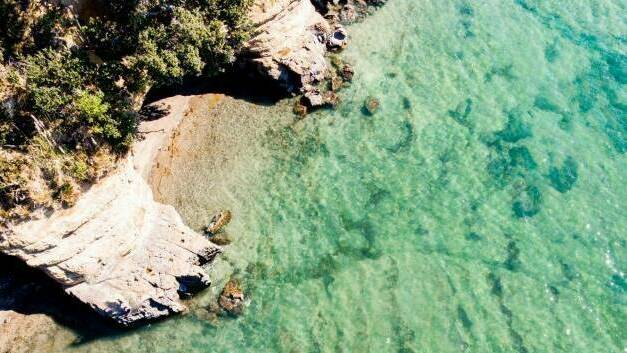
Resource

